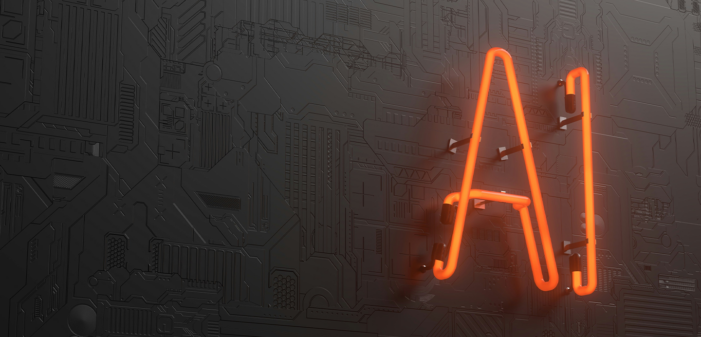
Unlocking the Potential of AI in Philanthropy: Take-Aways from the AI Learning Journey – Module 2: Better Application
As part of our six-month hands-on programme and learning journey “AI in Everyday Philanthropy”, the second module – better application – took place on 29th of February. Together with our partners StiftungSchweiz and the University of Geneva, we covered aspects such as data protection, model considerations, and practical application. Specifically, we experimented with a prototype for better cover letters based on four different AI models.
Here are some key take-aways.
Overview: Different AI Models and Trade-Offs
The course provided a comprehensive overview of the different AI models, especially the pros and cons of ChatGPT 4, Mixtral 8x7B, Mixtral 7B. The models vary in capabilities, and it is also important to take into account ethical considerations. Trade-offs between open-source and closed-source models were explored, dimensions such as transparency, security, privacy, technical demands, and performance weighted. It is important to know these dimensions to be able to estimate which model should be used for the purpose of the application. To keep in mind: There is no Swiss army knife and there exist always trade-offs. The biggest part of the costs in the future will be the power used to fuel these LLMs (large-language models).
Is AI a game-changer for Philanthropy?
Based on the experiments and prototypes in the course, participants discussed the question if AI is a game-changer for philanthropy and for their organizations. Everyone agreed that it will make applications easier (already today, 1 out of 3 applications are built with the help of AI). The potential for using AI to write applications, but also to automatize the screening and decision-making, is huge. Consequently, this means that the value of personal contact is going to be much more important in the future.
Navigating the AI Frontier: It is a learning journey!
To summarize, philanthropic organizations need to carefully navigate the choices between open and closed source models, prioritize data protection, and choose AI models based on the end use of the applications.
As AI continues to reshape industries, it might have profound implications for philanthropic institutions, warranting a closer examination of its potential and challenges. The programme “AI in Everyday Philanthropy” is a true journey, since the technical developments evolve so fast that we have to adapt and learn fast, too. For instance, since the start of this journey, uncountable new AI models have been born, Open AI has launched Sora (to create high-definition videos), Google has launched its chatbot Gemini and so on. Thus, the idea of the learning journey is to navigate this fast-evolving landscape and to give an orientation for philanthropic organizations. In the next session in April, we will look at the funder’s perspectives (better match).
Further resources:
- Stanford Foundation LLM AI Transparency Index
- Assessing the Reliability of LLM knowledge
- ML-energy leaderboard
- Discuss the implications of AI in Everyday Philanthropy in the StiftungSchweiz Network
Tags

